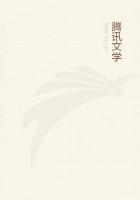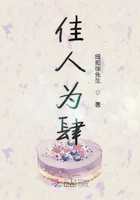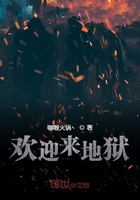But we have still to explain 'combination', for that was the third of the subjects we originally proposed to discuss. Our explanation will proceed on the same method as before. We must inquire: What is 'combination', and what is that which can 'combine'? Of what things, and under what conditions, is 'combination' a property? And, further, does 'combination' exist in fact, or is it false to assert its existence?
For, according to some thinkers, it is impossible for one thing to be combined with another. They argue that (i) if both the 'combined'
constituents persist unaltered, they are no more 'combined' now than they were before, but are in the same condition: while (ii) if one has been destroyed, the constituents have not been 'combined'-on the contrary, one constituent is and the other is not, whereas 'combination' demands uniformity of condition in them both: and on the same principle (iii) even if both the combining constituents have been destroyed as the result of their coalescence, they cannot 'have been combined' since they have no being at all.
What we have in this argument is, it would seem, a demand for the precise distinction of 'combination' from coming-to-be and passingaway (for it is obvious that 'combination', if it exists, must differ from these processes) and for the precise distinction of the 'combinable' from that which is such as to come-to-be and pass-away.
As soon, therefore, as these distinctions are clear, the difficulties raised by the argument would be solved.
Now (i) we do not speak of the wood as 'combined' with the fire, nor of its burning as a 'combining' either of its particles with one another or of itself with the fire: what we say is that 'the fire is coming-to-be, but the wood is 'passing-away'. Similarly, we speak neither (ii) of the food as 'combining' with the body, nor (iii) of the shape as 'combining' with the wax and thus fashioning the lump.
Nor can body 'combine' with white, nor (to generalize) 'properties'
and 'states' with 'things': for we see them persisting unaltered.
But again (iv) white and knowledge cannot be 'combined' either, nor any other of the 'adjectivals'. (Indeed, this is a blemish in the theory of those who assert that 'once upon a time all things were together and combined'. For not everything can 'combine' with everything. On the contrary, both of the constituents that are combined in the compound must originally have existed in separation:
but no property can have separate existence.)Since, however, some things are-potentially while others are-actually, the constituents combined in a compound can 'be' in a sense and yet 'not-be'. The compound may he-actually other than the constituents from which it has resulted; nevertheless each of them may still he-potentially what it was before they were combined, and both of them may survive undestroyed. (For this was the difficulty that emerged in the previous argument: and it is evident that the combining constituents not only coalesce, having formerly existed in separation, but also can again be separated out from the compound.) The constituents, therefore, neither (a) persist actually, as 'body' and 'white' persist: nor (b) are they destroyed (either one of them or both), for their 'power of action' is preserved. Hence these difficulties may be dismissed: but the problem immediately connected with them-whether combination is something relative to perception'
must be set out and discussed.
When the combining constituents have been divided into parts so small, and have been juxtaposed in such a manner, that perception fails to discriminate them one from another, have they then 'been combined Or ought we to say 'No, not until any and every part of one constituent is juxtaposed to a part of the other'? The term, no doubt, is applied in the former sense: we speak, e.g. of wheat having been 'combined' with barley when each grain of the one is juxtaposed to a grain of the other. But every body is divisible and therefore, since body 'combined' with body is uniform in texture throughout, any and every part of each constituent ought to be juxtaposed to a part of the other.

